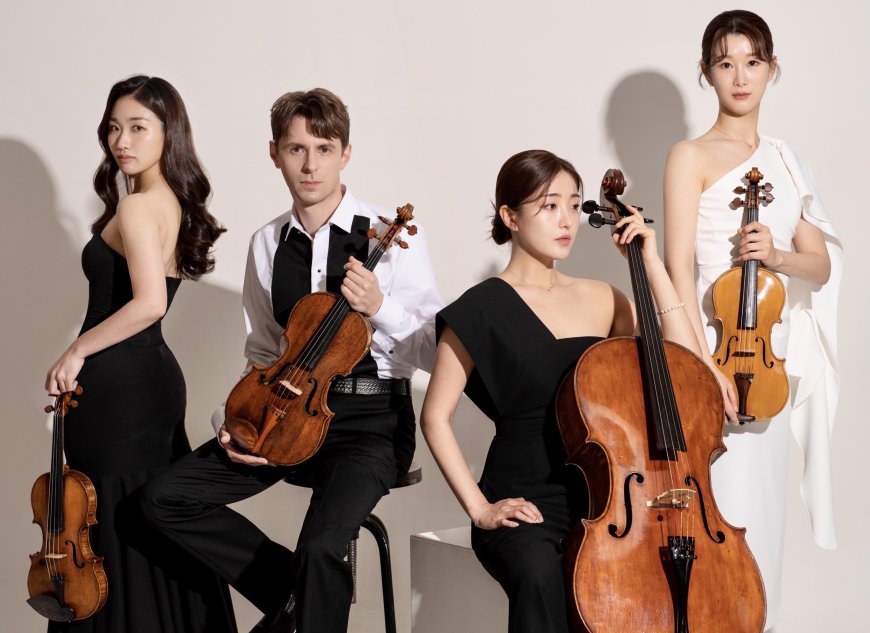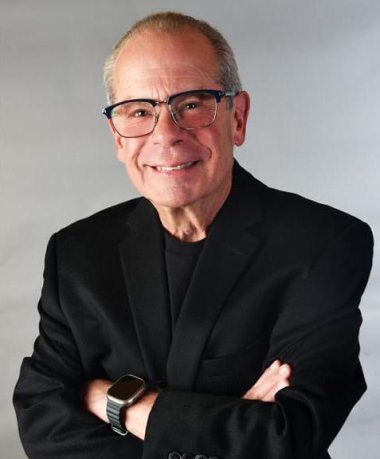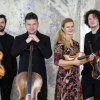
Dr. Robert Greenberg knows these are difficult times for performers and audiences alike.
As the music historian, composer, and educator put it, the performing arts are sandwiched between a sluggish return to concert spaces after the COVID-19 pandemic and an apprehensive attitude toward programming due to threats of government censorship. However, when Greenberg takes the stage as a lecturer during San Francisco Performances’ monthly Saturday Morning Concert Series, he supplants this anxiety with a sense of purpose.
“This is not just a concert now, for me,” he said. “This is a reminder of what we are at our very best artistically, in terms of our humanity [and] in terms of how our music can speak to us. That's really what I feel my job is this time around: not just to enlighten, but to raise spirits.”

The four-part series, which kicked off Sept. 27 and runs through Dec. 13 at the Herbst Theatre in San Francisco, celebrates the debut of SF Performances’ new ensemble-in-residence, the Esmé Quartet, as well as Greenberg’s 25th anniversary as music historian-in-residence. This year, the ensemble will focus on the chamber music of Franz Schubert.
According to Greenberg, Schubert’s works are the “perfect music” to introduce the new quartet to the series, as well as a soothing experience for the audiences.
“I don't want to pretend that this should be escapism, because I want us to experience the music at a rather deeper level than that,” Greenberg said. “But certainly the pure beauty of the music, the transcendent beauty of his melodies, make it immediately appealing.”
Greenberg and SF Performances previously worked with the Alexander String Quartet until its disbandment in 2024. Greenberg recalled that the ASQ had a penchant for exploring experimental repertoire, veering into modernism or other contemporary classical movements. The lyrical Schubert selections are comparatively more conventional — a good selection for a debut series, he said.
At the morning series, the performance is interspersed with insights from Greenberg on the pieces. For the upcoming concerts, Greenberg said he cut his usual word count nearly in half for this series in hopes of letting the quartet “shine.”
“The word ‘lecture’ is so loaded with negative connotations that someone's going to stand there and talk at me,” he said. “I'm a storyteller. That’s how I like to think about what I do when I take the stage with a group. I’ve got a story to tell, and that story is about the composer and their music. Period. I’ve got to make that composer come alive. Poor Schubert has been dead for almost 200 years, since 1828. I’m his advocate.”




